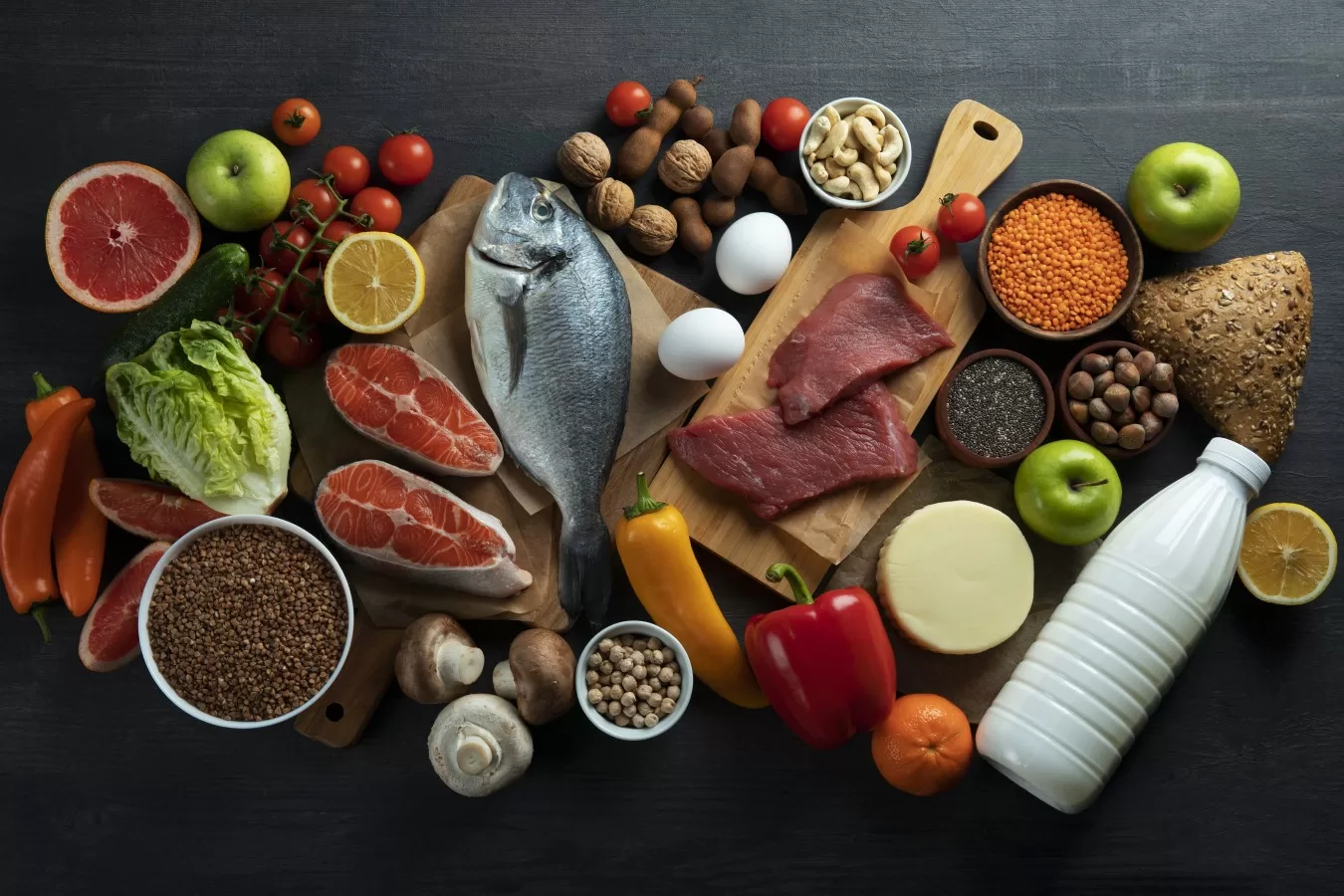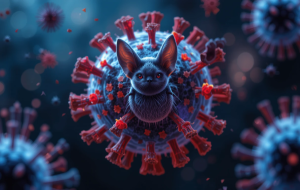Protein Overload: Signs You’re Eating Too Much Protein

Protein Overload: Signs You're Eating Too Much Protein
Protein is an essential nutrient that our bodies need to grow, repair, and function properly. However, it is possible to get too much protein, which can lead to a number of health problems.
How Much Protein Do We Need?
The recommended daily intake of protein for adults is 0.8 grams per kilogram of body weight. For example, a person who weighs 150 pounds would need about 54 grams of protein per day.
Signs You May Be Getting Too Much Protein
There are a number of signs that you may be getting too much protein, including:
- Increased thirst and urination: When you consume too much protein, your kidneys have to work harder to filter out the waste products. This can lead to increased thirst and urination.
- Digestive problems: Eating too much protein can also cause digestive problems, such as constipation, diarrhea, and bloating.
- Fatigue: If you’re feeling tired all the time, it could be a sign that you’re getting too much protein.
- Weight gain: While protein is an essential part of a healthy diet, eating too much of it can lead to weight gain. This is because excess protein can be stored as fat.
- Kidney problems: Over time, consuming too much protein can put a strain on your kidneys and increase your risk of kidney disease.
Who Is Most at Risk of Getting Too Much Protein?
People who are at an increased risk of getting too much protein include:
- People who are overweight or obese: Overweight and obese people are more likely to consume more protein than they need, as they tend to eat more calories overall.
- People who are very active: People who are very active may need more protein than people who are less active. However, it is still important to talk to your doctor or a registered dietitian to determine how much protein you need.
- People who are taking certain medications: Some medications can interact with protein, so it is important to talk to your doctor if you are taking any medications.
How to Avoid Getting Too Much Protein
There are a number of things you can do to avoid getting too much protein, including:
- Being mindful of your protein intake: Pay attention to how much protein you are eating each day. You can use a food diary or tracking app to help you keep track.
- Choosing lean protein sources: Choose lean protein sources, such as fish, poultry, beans, and lentils. These foods are lower in fat and calories than red meat and processed meats.
- Eating a variety of foods: Eating a variety of foods will help you get the nutrients you need without getting too much protein.
- Talking to your doctor: If you are concerned about your protein intake, talk to your doctor or a registered dietitian. They can help you determine how much protein you need and create a personalized plan for you.
Protein is an important part of a healthy diet. However, it is possible to get too much protein, which can lead to a number of health problems. If you are concerned about your protein intake, talk to your doctor or a registered dietitian.






